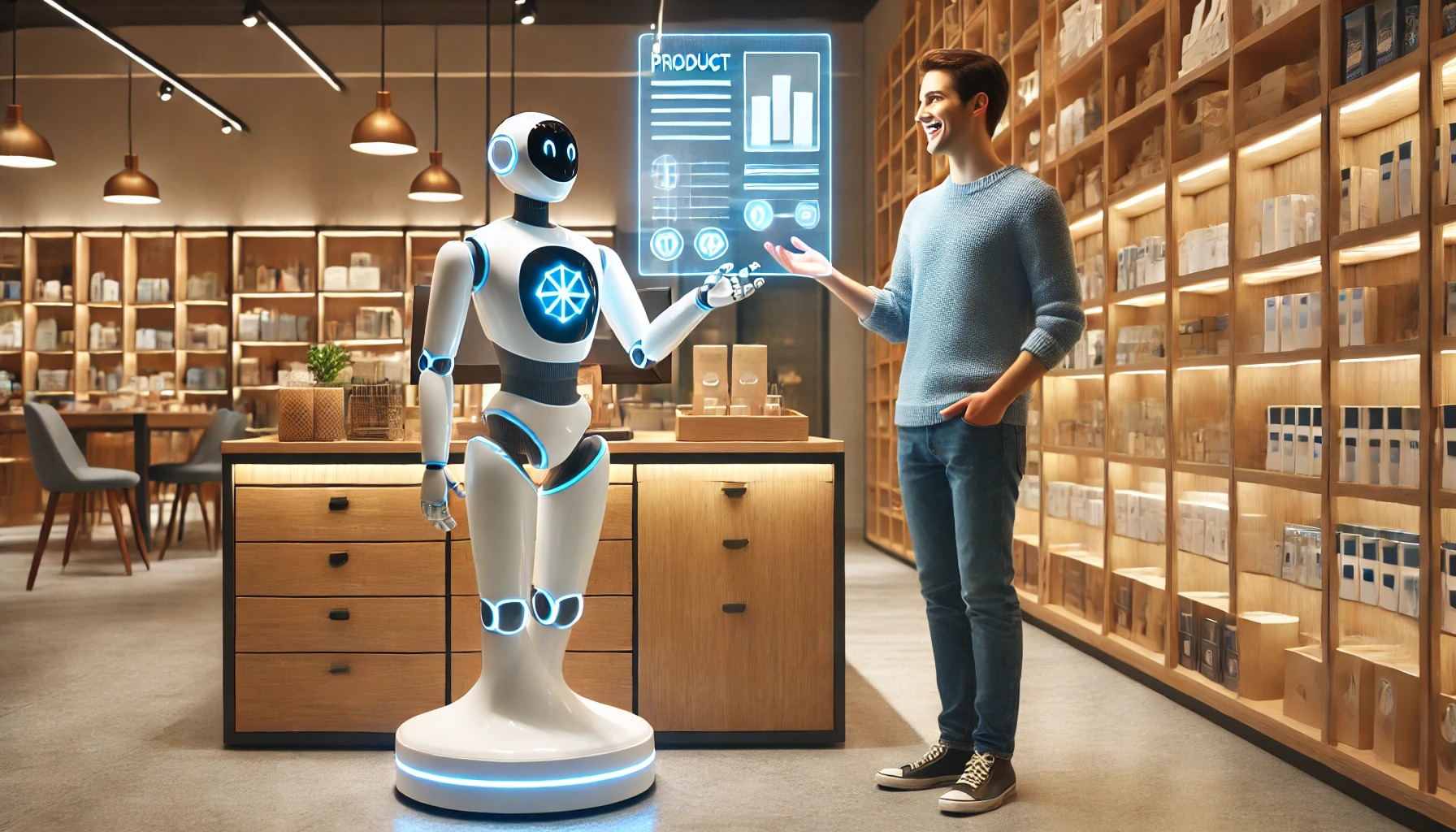AI Agents: Revolutionizing Business Operations
In today’s rapidly evolving technological landscape, Artificial Intelligence (AI) is no longer a futuristic concept but a driving force behind innovation across industries. At the forefront of this revolution are AI agents – sophisticated software programs designed to interact with their environment, gather information, and execute tasks autonomously to achieve specific goals.
Understanding AI Agents
Imagine a virtual assistant that not only schedules meetings and answers emails but also proactively identifies potential roadblocks, negotiates deals, and even learns your preferences to anticipate your needs. That’s the power of AI agents in action.
Essentially, AI agents are intelligent systems that can:
- Perceive and Interpret: They can gather information from various sources like sensors, databases, and user interactions.
- Reason and Plan: They can analyze data, identify patterns, and formulate strategies to achieve their objectives.
- Act and Interact: They can execute actions in the real or virtual world, such as controlling robots, making transactions, or communicating with humans.
- Learn and Adapt: They can continuously learn from their experiences, refine their actions, and improve their performance over time.
Key Components of AI Agents
- Architecture: The underlying structure of the agent, encompassing hardware, software, and communication protocols.
- Agent Function: The specific task or role the agent is designed to fulfill (e.g., customer support, data analysis, market research).
- Agent Program: The set of rules and algorithms that govern the agent’s behavior and decision-making processes.
Transforming Business with AI Agents
The impact of AI agents on businesses is profound and multifaceted:
- Enhanced Productivity & Efficiency:
- Automation of Repetitive Tasks: Freeing up human employees for more strategic and creative endeavors.
- Streamlined Workflows: Automating routine processes, minimizing errors, and accelerating task completion.
- Improved Customer Experience:
- 24/7 Availability: Providing instant support and assistance to customers around the clock.
- Personalized Interactions: Tailoring experiences to individual customer needs and preferences.
- Proactive Issue Resolution: Identifying and addressing potential customer concerns before they arise.
- Data-Driven Decision Making:
- Real-time Insights: Analyzing vast amounts of data to uncover valuable trends and patterns.
- Predictive Analytics: Forecasting future outcomes and making informed business decisions.
- Competitive Advantage: Gaining a deeper understanding of market dynamics and outmaneuvering competitors.
- Cost Optimization:
- Reduced Operational Costs: Automating tasks, minimizing human intervention, and optimizing resource allocation.
- Increased Revenue Streams: Identifying new market opportunities and developing innovative products and services.

Examples of AI Agents in Action
- Chatbots: Providing instant customer support, answering FAQs, and guiding users through complex processes.
- Recommendation Systems: Personalizing product recommendations, suggesting relevant content, and improving customer engagement.
- Autonomous Vehicles: Navigating complex environments, making real-time decisions, and ensuring passenger safety.
- Fraud Detection Systems: Identifying and preventing fraudulent activities in real-time, safeguarding financial transactions.

The Future of AI Agents
The field of AI agents is constantly evolving, with advancements in machine learning, natural language processing, and robotics pushing the boundaries of what’s possible. As AI agents become more sophisticated and integrated into various aspects of our lives, they will play an increasingly critical role in shaping the future of business and society.